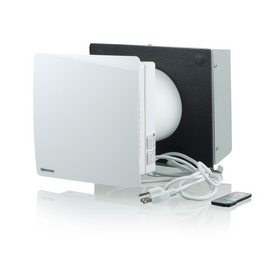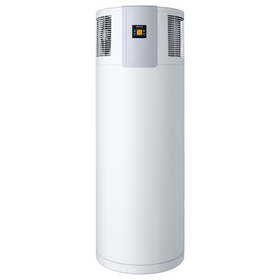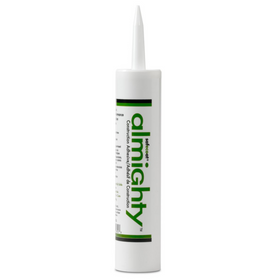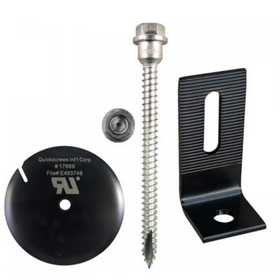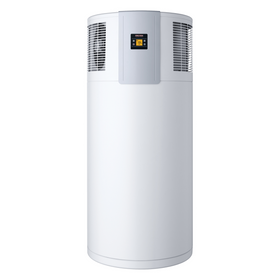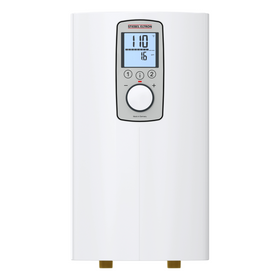
What Is an Off-Grid House?
Last Updated: Feb 23, 2025As residential-scale renewable energies continue to drop in price, the number of families going off-grid is rising. According to one estimate, around 180,000 families in the United States are entirely off-grid, and that number continues to surge. Technology and increased interest in tiny homes, shipping container homes, and other minimalist housing alternatives with reduced energy demand are allowing families interested in sustainable lifestyles to make a move to off-grid living.
Concern about our electricity grid becoming increasingly vulnerable due to the effects of climate change has led thousands of families to go off-grid to increase the resilience and autonomy of their homes. A recent analysis by the Union for Concerned Scientists finds that "our electricity system is vulnerable to extreme weather events, including coastal flooding, extreme heat, drought, and wildfires." They go on to say, "all of which are likely to increase in the years ahead." Similarly, the U.S. Global Change Research Program states that "energy production is likely constrained by rising temperatures and limited water supplies in many regions." Transitioning to an off-grid home allows homeowners to reduce their carbon footprint and increase the resilience of their homes.
Table of Contents
- What Is an Off-Grid Home?
- Can You Insure An Off-Grid Home?
- Off-Grid Solar and Other Power Options
- Off-Grid Home Batteries
- Off-Grid Home Appliances
- Off-Grid Homes for Sale
What Is an Off-Grid Home?
Going off-grid implies living in a self-sufficient and autonomous manner without relying on one or more public utilities. With the growing availability of solar panels and renewable energy technologies, many people associate off-grid lifestyles with homes that produce their energy needs. It is essential to mention that the vast majority of the 1.3 million solar installations across the United States remain connected to the grid. Net metering policies have allowed homeowners to be credited with their monthly utility bills for the renewable energy they produce and send back to the grid.
On the other hand, off-grid homes almost always have a solar battery bank to store the energy produced from their renewable energy systems. Because the sun does not shine at night and wind patterns can be irregular, a battery bank allows off-grid homeowners to store their energy for 'round the clock use.
A truly off-grid home does not rely on municipal or public utilities and can provide its own water needs through greywater and black water sources. Rainwater catchment systems attached to cisterns are common ways to provide for your own water needs. Greywater recycling systems (including incorporating a backyard wetland ecosystem) and composting toilets or autonomous septic systems also reduce dependency on municipal sewer systems.
Because off-grid homes don't rely on one or several public utilities, they require a more profound sense of homeowner responsibility. Because the amount of available energy is dependent on what is stored in the battery bank, off-grid homeowners often adopt sustainable living strategies to increase the efficiency of their homes. The lack of dependence on municipal sewer systems can help to reduce the adverse effects of contaminated water and stormwater leaving the property. This can simultaneously offer a source of nutrition and irrigation for backyard gardens and food production. Off-grid homes in rural areas are often without municipal garbage pickup. This requires homeowners to compost, reduce waste, and find nearby recycling facilities.
Can You Insure An Off-Grid Home?
While off-grid homes used to be associated with “back-to-the-land hippies,” today, off-grid sustainable lifestyles are becoming increasingly common. Banks, insurance companies, and other large financial institutions are progressively beginning to offer specialized insurance packages to people who live off-grid. Some insurance companies, such as Donegal Insurance Group of Marietta, offer a 5 percent discount on their premiums to Pennsylvania homeowners who go off-grid with solar panels or geothermal.
Off-Grid Solar and Other Power Options
Powering an off-grid home is perhaps the biggest challenge that homeowners who are considering going off-grid will face. Fortunately, solar panels and other renewable energy technologies are affordable today, and battery storage technology is becoming more efficient. The first step is knowing how much energy demand you will have to avoid being left in the dark by depleting the renewable energy stored in your batteries. This off-grid solar calculator is a simple (and free) online tool that helps homeowners determine the optimum photovoltaic system size.

To complete your off-grid electricity system, you will also have to invest in an inverter and a battery storage tank. Home battery storage is often the most expensive and least durable part of an off-grid electricity system. You can also consider investing in a hybrid solar/wind residential system or even a residential micro-hydro system to reduce the required battery storage size. Wind turbines and micro-hydro systems can generate electricity at all hours of the day, allowing your system to generate electricity at night when the sun isn’t shining.

Off-Grid Home Batteries
Battery storage systems for solar panels and other forms of renewable residential energy systems are often the most expensive part of the system. The useful lifespan is between 5 and 15 years, meaning that homeowners will most likely need to replace their battery systems between 1 and 3 times to match a solar photovoltaic system's 25 to 30-year lifespan. Tesla Powerwall II, which is widely considered one of the best solar batteries on the market, costs around $7,000 and has a 10-year warranty. Alternatively, the LG Chem RESU 6.4EX storage system is a lithium-ion battery sized at 9.8 kWh and costs $6,500 each. You can see a complete list of quality solar batteries here.

Off-Grid Homes for Sale
While building your own off-grid home could be the work of a lifetime, there are also entirely off-grid homes that you can find for sale around North America. Below, we briefly detail three top resources for finding and purchasing an off-grid home for a self-sufficient lifestyle.
- Green Homes for Sale - Green Homes for Sale allows you to browse properties by special features such as prefab, LEED, off-grid, and more. Find listings in the United States, Canada, and others.
- SurvivorRealty.com - Survivor Realty specializes in rural listings across the United States and worldwide, focusing on off-grid and self-sufficient homes.
- United Country Real Estate - United Country Real Estate offers "survival" properties with off-grid and alternative energy solutions.
Tobias Roberts
Tobias runs an agroecology farm and a natural building collective in the mountains of El Salvador. He specializes in earthen construction methods and uses permaculture design methods to integrate structures into the sustainability of the landscape.

